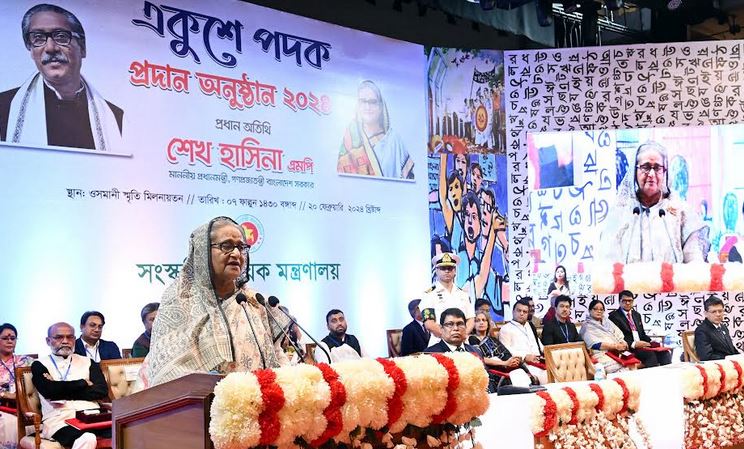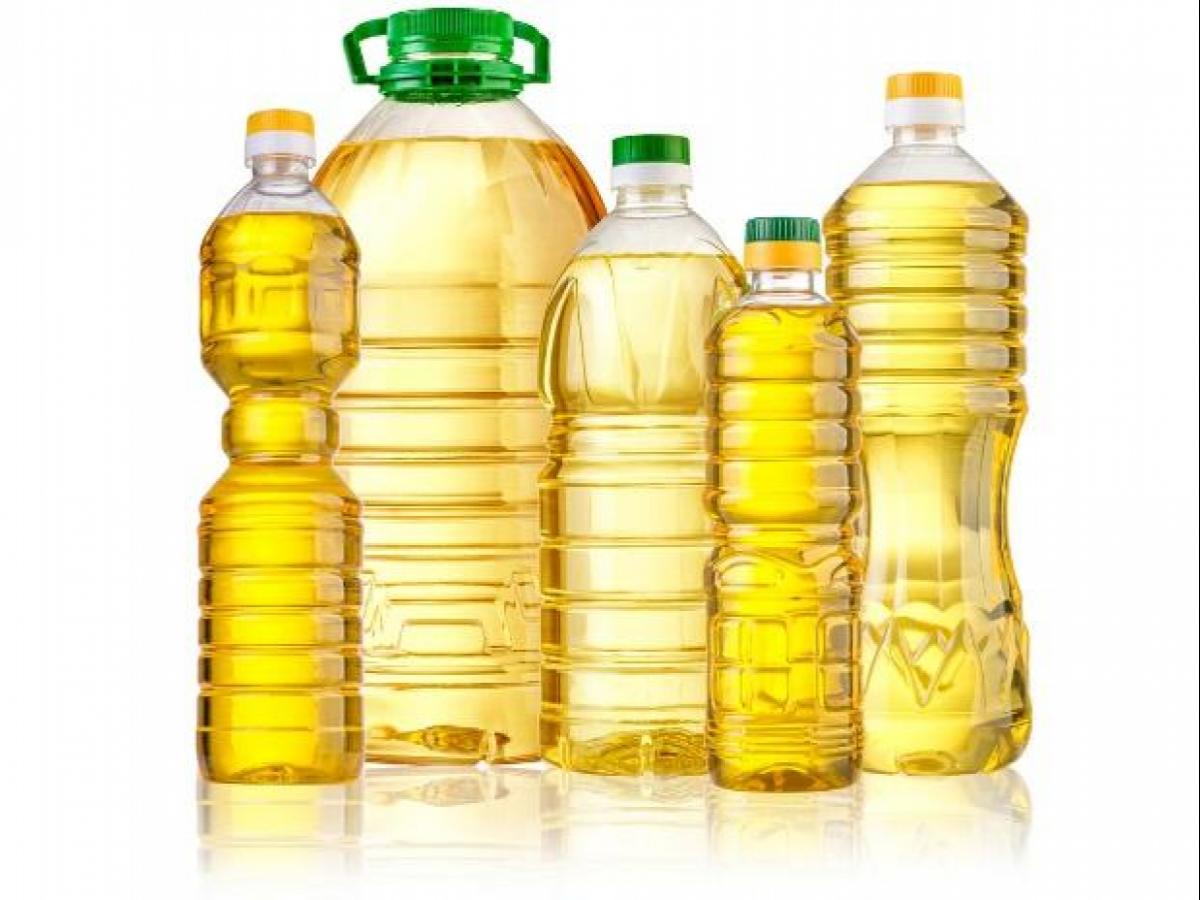DHAKA, Feb 20, 2024 (BSS) – The government has decided to reduce soybean oil prices by Tk10 per litre ahead of the holy month of Ramadan.
The new prices will come into effect from March 1, State Minister for Commerce Ahsanul Islam Titu told reporters after attending the task force committee meeting on commodity price review held at the commerce ministry today.
“Although NBR reduced Tk5 per litre in tariffs for edible oil, mill owners and oil refiners have announced a Tk10 reduction per litre ahead of Ramadan. The new rates will be effective from 1 March,” he said.
With the reduced rate, a one-litre bottle of soybean oil will cost Tk163, down by Tk10 from the current price of Tk173. Meanwhile, loose soybean oil will cost Tk149 per litre after price adjustment.
The state minister also noted that there is currently no plan to reduce palm oil prices. While providing an update on the import of onions from India, Ahsanul Islam said, “We’ve had verbal discussions regarding the resumption of Indian onion imports. However, we await an official decision from India.”
He also mentioned ongoing efforts to facilitate bilateral trade of consumer goods with Myanmar, saying, “We’ve received a draft MoU for importing daily necessities from Myanmar. We hope it will be finalised soon, enabling us to import rice, lentils, onions, and ginger from our neighbouring country.”
Ahsanul informed that the businessmen would get more support from the banks in the future in importing essential items.
He said the NBR has already been advised to keep the tariff on the essential items at a rational rate in the next budget.
The State Minister said the businessmen have assured him that the current stock of the essential items is enough to meet the demand for the Holy Month of Ramadan.
He said that the state-run TCB has already started distribution of essential items during this month, while such commodities would be provided twice during the month of Ramadan, which includes 5kgs of rice, edible oil, lentils, sugar, dates and chickpeas.
Representatives of various government agencies, including the Directorate of National Consumers Rights Protection, FBCCI and major stakeholders of commodities providers, participated in the meeting.








